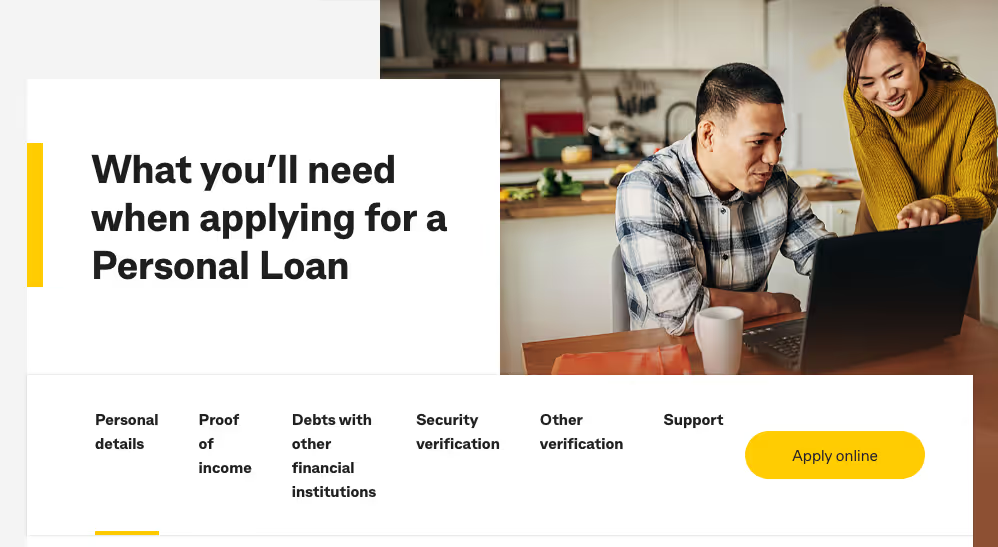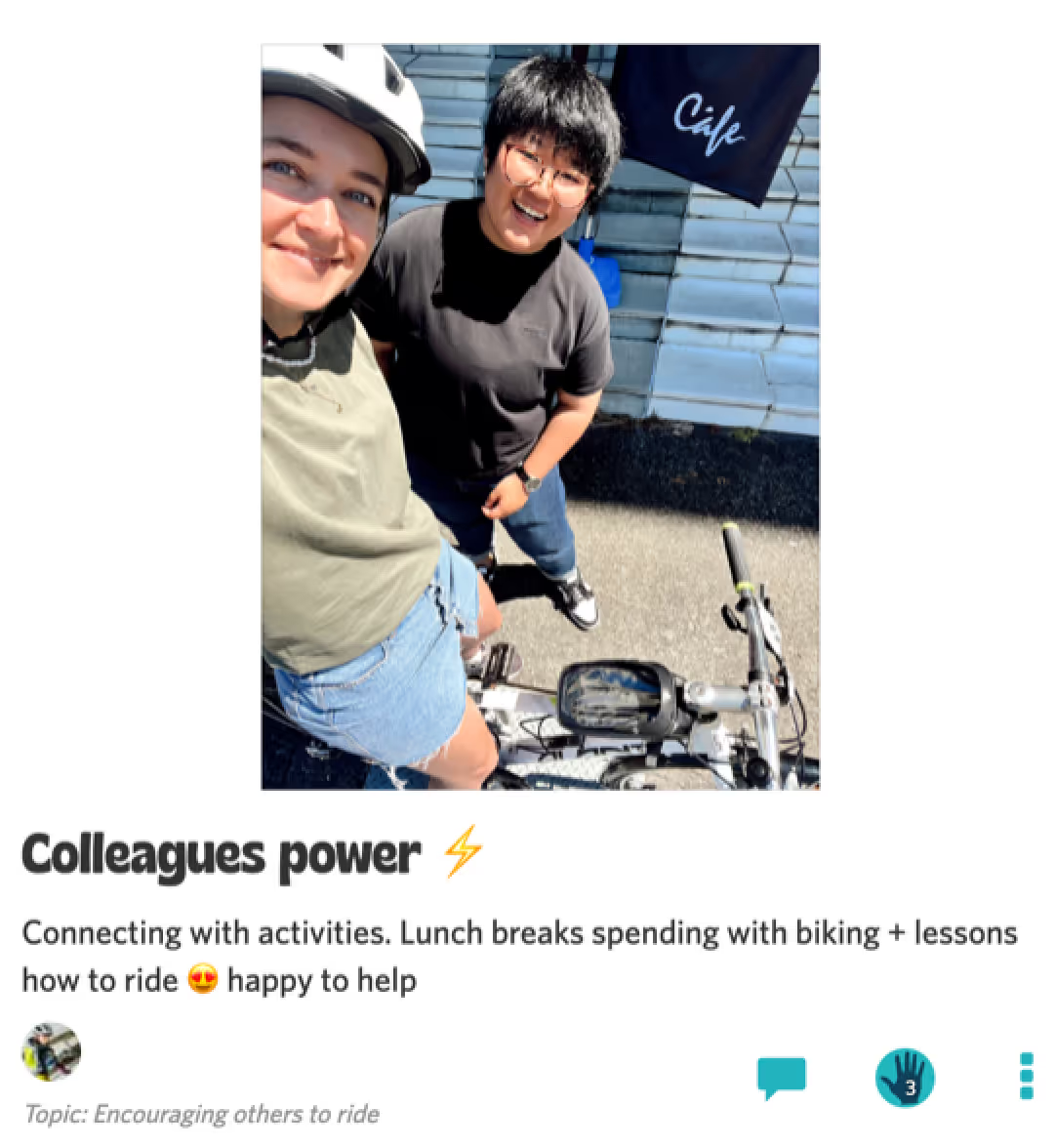
Menu

Mindful of these shifts, TRA conducted a study of 4,400 New Zealanders to see how they were dealing with it all. Respondents told us they were facing significant personal, cultural, and societal anxiety. They were also being asked by the organisations around them to take actions that they may not have done before.
That might sound like a small issue. But in the context of rising uncertainty, fear, and mistrust, asking people to try something new is a big deal.
People’s standard experience with organisations is in flux for several reasons, ranging from supply chain disruptions or even changes in the types of goods and services that they have access to. Any number of small things can disrupt someone’s standard experience. Whether it’s cycling to work for the first time, trying out a new tax filing system, or even receiving assistance from organisations when navigating delays.
If all this sounds overwhelming, it’s because it is. But there is a way for organisations to respond to customer, client, or user uncertainty in a way that helps them – and that increases trust.
There are ways that we can overcome the unknown, the uncertain, and the ambiguous to help people feel more confident. The following behavioural insights are all practical examples of how to follow the four guiding stars of navigating uncertainty.
Timing is everything. If we’re asking people to overcome uncertainty and to do something different, we can time it with a moment when they’re open to change and more likely to be ready for it. According to the “fresh start effect”, people are more likely to take action towards a goal after a "temporal landmark" – a new beginning. Common fresh starts include New Year’s Day, birthdays, or the start of a new school term.
For example, NYC Health’s Spring into Health campaign uses the start of spring and the longer days to inspire healthy activities.
Another fresh start effect TRA has identified is that people are more likely to implement cybersecurity behaviours when they set up a new account or get a new device.
When people are faced with an uncertain experience, their minds can fill in the blanks and make any number of inaccurate assumptions. They could assume that a task is very involved; or alternatively assume it is easy, and then become frustrated when it’s longer or more difficult than expected.
Help people manage their expectations by giving people a window into the experience and providing an overview of the process.
For example, Mole Map has an explainer video and “what to expect” FAQs to manage people’s expectations. In the example below, Commonwealth Bank of Australia shows people in advance what they will need when signing up for a personal loan with them for the first time.

During times of uncertainty, we turn to others and tend to follow the pack. There’s nothing quite like having a buddy with you when you’re going somewhere new or having a personal recommendation for a service you’re uncertain about trying.
Refer-a-friend and “bring a friend” offers can help people overcome new and uncertain experiences and help them feel more confident when trying something different.
Auckland’s Love to Ride campaign from February 2023 saw over 30,000 people take part, including almost 10,000 new riders. As part of the program, there were special badges and prompts for people to encourage others to join in, and to help inexperienced commuters cycle to work for the first time.

Providing people with a low-stakes opportunity to trial and practice the behaviour helps them to become more familiar with it. Whether it’s a free product trial, a “give it a go” experience or demo trial of the service, there are multiple ways in which people can engage in a new behaviour to ease concerns about uncertainty.
EECA’s Gen Less campaign shows people where they can trial an EV for those who are considering purchasing that type of car but are uncertain about the experience of driving one. Australian e-bike retailer Joyride had a similar approach, offering a three-day "test flight" of their bikes, so customers could be 100% sure that they made the right choice before purchase.
Sometimes, organisations ask people to go through experiences or service changes that they may not be looking forward to. In those cases, it can be helpful to dial up the reward that they will receive at the end of the experience to help keep them moving through to the end.
Whether it’s a first-time user discount, an offer upon completion, or the removal of a fee, there are many ways to incentivise people to follow through with uncertain behaviour. It could be an extrinsic reward (financial gain or discount), or even an intrinsic reward (supporting a small business, saving emissions).
The Australian Capital Territory (ACT) established the Next Generation Energy Storage (Next Gen) program, offering household battery rebates of $3500 or 50% of the battery. The incentive helped successfully provide rebates for more than 5,000 battery installations at Canberra homes and businesses.
Another example is the ACC initiative, Ride Forever, offering people a $200 registration discount for completing a Ride Forever defensive driving course.
It’s not just the message that is important but also who it’s from. During times of uncertainty, it can help to have messages delivered by trusted voices. In some cases, it’s voices of authority that dial up confidence, including sources such as government officials and subject matter experts. For some behaviour change challenges, trusted messengers may look more like friends, whanau, and other friendly faces of in one’s local community.
In this example, ASB has opted for friendly, relatable brand characters to be the messenger of financial news to New Zealanders, and it’s working – Ben and Amy have been voted New Zealand’s favourite ad twice in a row.

The drivers of uncertainty and distrust aren’t going away anytime soon. But, by following these six behavioural insights, organisations can help people feel more confident in the face of it.